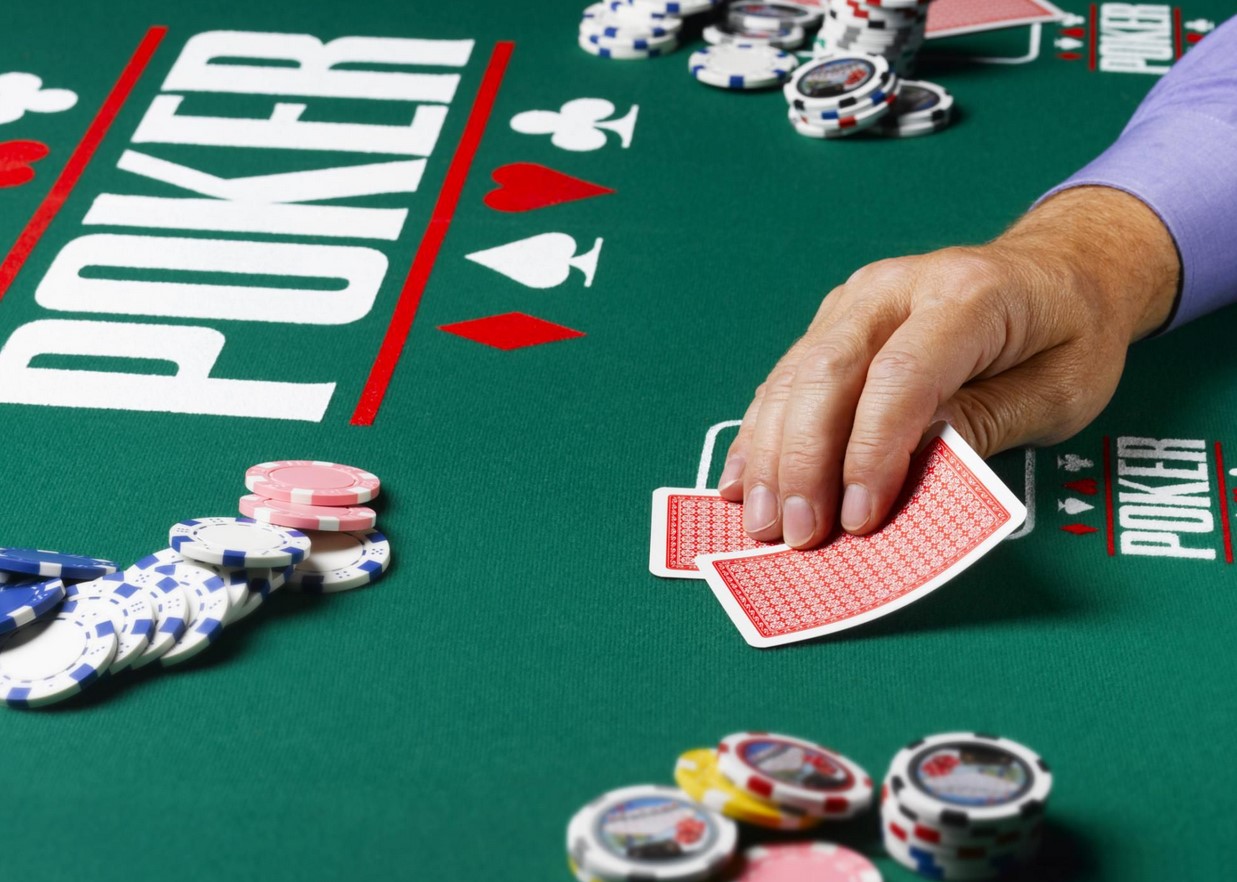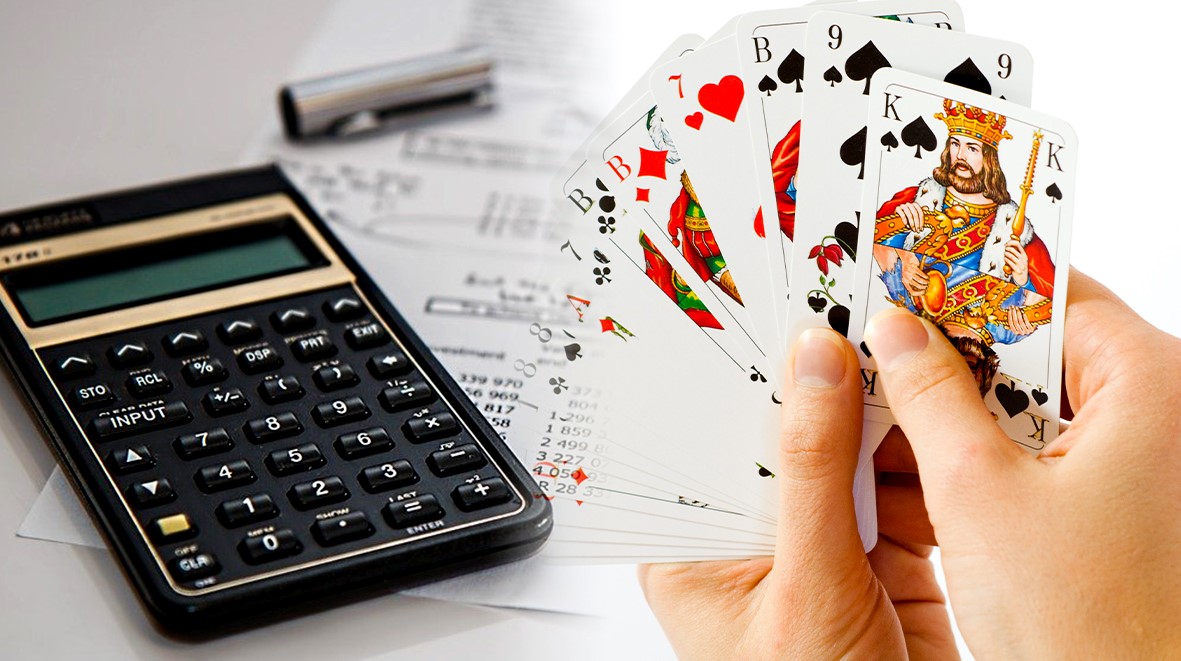

Poker mathematics: outs and odds explained

Poker mathematics is nothing more than the formulas and strategies that we have to predict what are our chances of winning a hand, to conform our project or simply that a card comes out, among other options. Poker mathematics are used to improve our success in this popular card game, however, to control the mathematics of poker you need practice and experience in this card game, so in this article we want to explain two of the most effective and practical formulas that exist to help us shape our project and know what are our chances of getting the hand we want. Read on for more information!
What are outs in poker?
One of the most common doubts when talking about poker mathematics is what are outs in poker. Actually, poker outs are nothing more than the sum of all the available cards that can help you complete a project. When we talk about a project in poker we refer to the hand that we want to get and that is formed by our private cards -which vary depending on whether you are playing Texas Hold'em or Omaha- and the community cards that are on the table, or the one that can come out. That is to say, we use mathematics applied to poker to know what are the probabilities that we have of the card we need coming out. Of course, these formulas -both for calculating poker outs and for calculating poker odds- are not 100% accurate, but they give us a fairly approximate value to be able to make our decisions to continue at the table or to give up.
An out in poker can also be defined as any of the invisible cards that when drawn can improve our hand and even make us win. That is why knowing the number of outs we have is part of the most important strategies in this card game.
What are odds in poker?
When talking about poker odds we find that it is a term closely related to the previous one, but with a clear difference. And it is that the poker odds correspond to the probabilities that the outs come out. That is, once we know what cards we need to make up our project, we must find out what are the odds of them coming out, and this is none other than the outs. Therefore, to learn how to calculate the outs it is essential to know what the poker mathematics are to calculate the outs. And, fortunately for most, it is not a very complex calculation. However, it is essential to have experience to speed up the calculation and not to make mistakes with the accounts.
Mathematics applied to poker: calculating poker outs and calculating poker odds
We have already seen what are poker outs and poker odds, now let's see how to apply poker mathematics to know these two values. The best, to make it easier to understand, is to see it with an example, so if you want to learn how to do it, keep reading. However, keep in mind that the calculation of one value and the other applies to each street or round, that is, to know what are the cards that can come out and the probabilities of these cards coming out in a specific round, either in the preflop, flop, turn or river. Therefore, if you are on the turn, consider that the calculation will focus on the community card that can come out on the river. Likewise, if you have several projects in your hand, you will have to make the calculation individually. That is to say, make use of the mathematics applied to poker in each case.

Initial considerations for calculating poker outs and making the poker odds calculation
- The poker deck has a total of 52 cards.
- Keep in mind that in Texas Hold'em you have 2 hole cards and in Omaha you have 4 hole cards -even if you only use two in the end-.
- Each number has a total of four cards (for each suit) and each suit is made up of 13 cards. In addition, there are a total of 4 different suits.
- The number of outs can vary depending on the project you are pursuing. It is not the same to go for a pair, in which case you will have 3 cards of different suits, than to
- go for a flush draw with four hearts, in which case you will have 9 cards out of the thirteen that make up the whole suit.
Calculating outs and odds in poker
Starting with the example, suppose you are on the flop and you have a 3 and a 6 of spades in your hand (private cards) and in the community cards there are a 1 and a 4 of spades and an 8 of hearts. In this case, your most feasible project is the flush, plus there are still two community cards that will be revealed on the turn and river round. The remaining outs -assuming that nobody has them in their hand, since this is impossible to know, or at least very complicated- would be 9. This is so because the suit is made up of 13 cards, you have two in your hand and on the table there are two others (if you go to the suit of spades).
The next thing you have to do is to calculate the odds. The formula is as follows: Odds = Outs /possible cards. Now, what are the possible cards? Well, we assume that the deck has a total of 52 cards and that you already know 5 cards (2 private and 3 community cards), the subtraction of this amount is equal to 47 and this value is the one that corresponds to the possible cards that can still come out. The formula would be as follows: Odds = 9/47 and the result of this would be 0.19 or, what is the same, 19%. That is to say, the odds or probabilities that you have of having hearts on the turn is 19%.
You may also like

Play online poker with friends: guidelines and tips to enjoy poker with your friends
Do you like poker and do you share your hobby with your friends?What are you waiting for to play online poker with them?Combining routines and finding time to get together to play poker is really c...

Benjamin "Bencb" Rolle, the new CoinPoker ambassador
Benjamin "Bencb" Rolle, the new CoinPoker ambassadorCoinPoker makes a stellar additionRenowned German player and coach Benjamin “Bencb” Rolle has officially joined the platform as its ambassador. R...

GGPoker Tightens Restrictions: Banned Players Barred from WSOP
GGPoker Tightens Restrictions: Banned Players Barred from WSOPGGPoker Enforces Strict Rules: Banned Players Lose WSOP PrivilegesThe battle against Real-Time Assistance (RTA) in online poker is inte...













